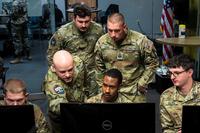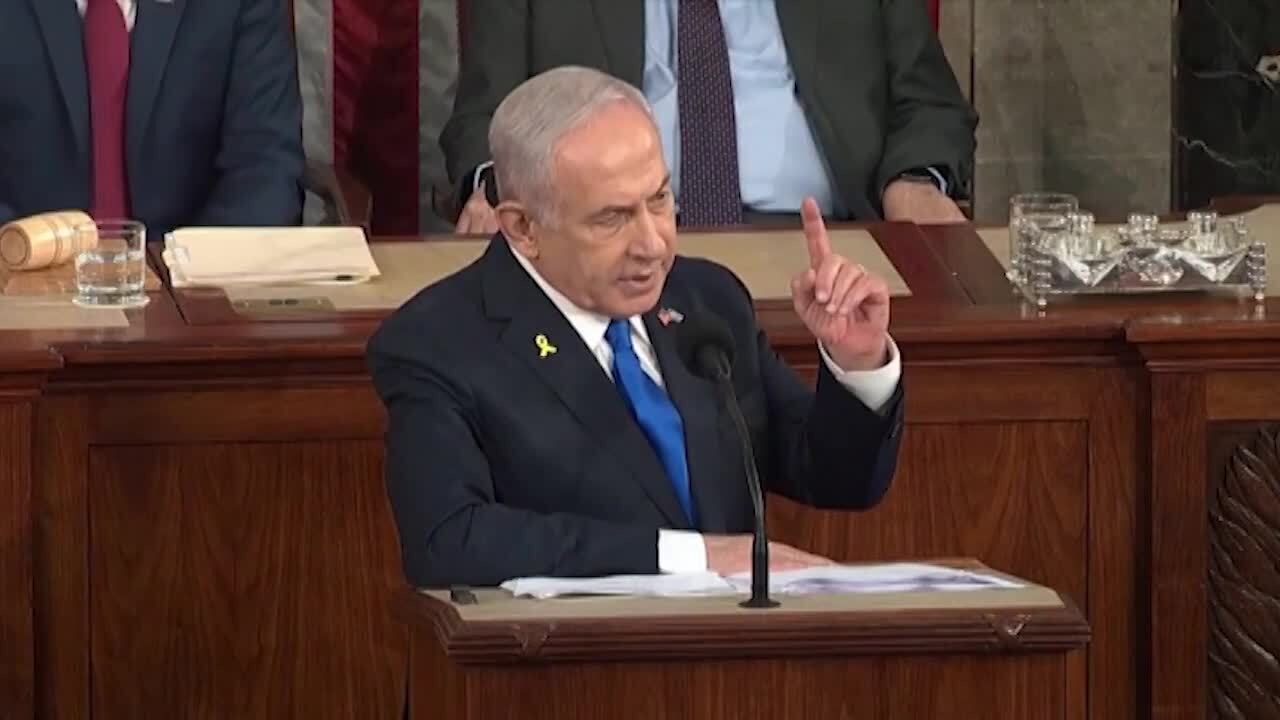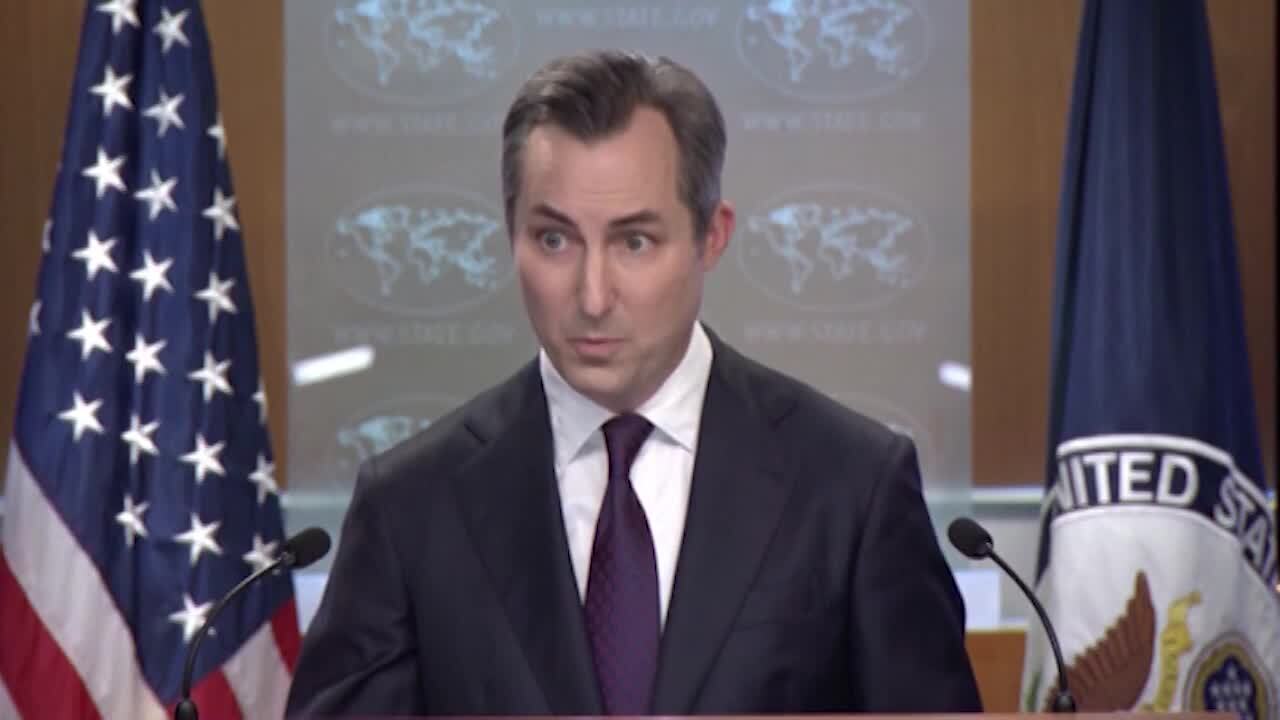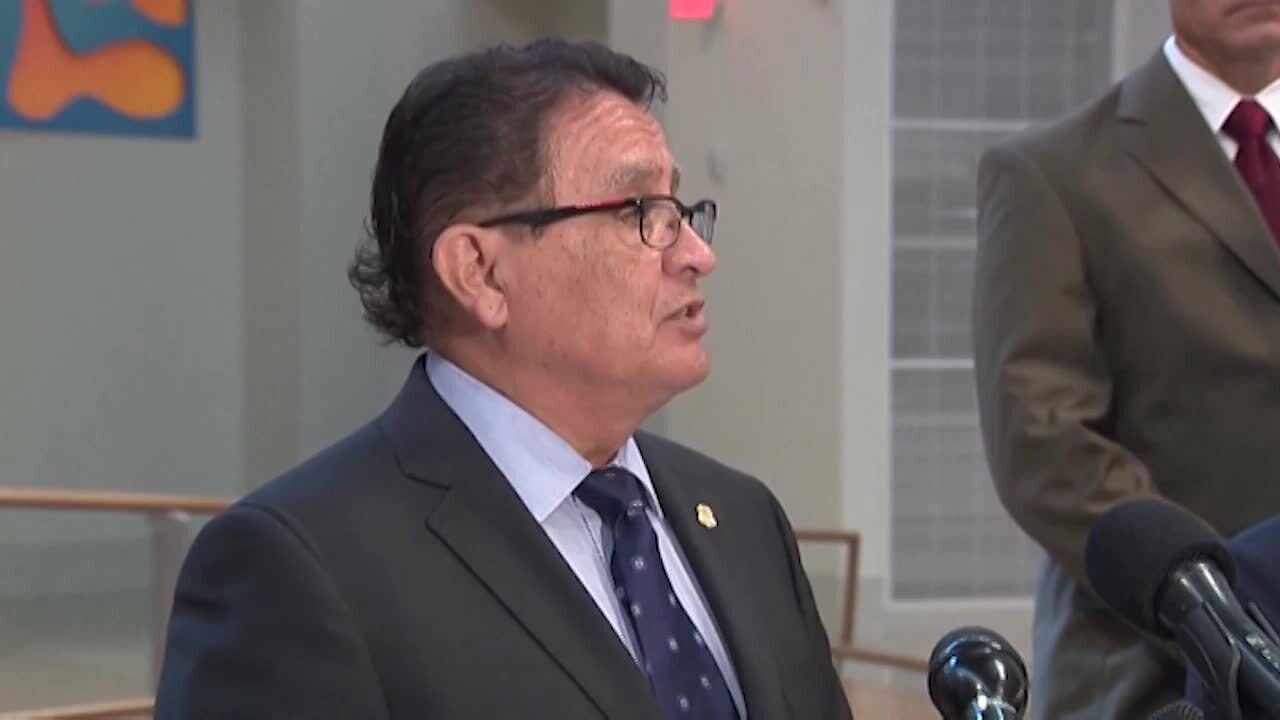A U.S. service member was fatally wounded early Thursday fighting alongside Kurdish Peshmerga forces in a U.S. Special Operations helicopter assault on an ISIS prison compound in northern Iraq that freed about 70 hostages, Pentagon officials said.
The death of the American, whose service branch was not immediately disclosed, was the first combat fatality suffered by the U.S. in the campaign against ISIS and as such raised questions about the U.S. mission in Iraq and President Obama's pledge not to commit "boots on the ground" to the fight.
Pentagon officials did not disclose the circumstances of the service member's death, saying only that he was wounded during the firefight and died later while receiving medical treatment.
At least nine other U.S. service members have died of non-combat causes during Operation Inherent Resolve against the Islamic State of Iraq and Syria (ISIS), often referred to by the military as the Islamic State of Iraq and the Levant (ISIL).
Four Peshmerga fighters were wounded in the firefight that began at about 2 a.m. in an ISIS prison compound east of the flashpoint town of Hawija, about 30 miles sought of Kurdish-controlled Kirkuk.
The Pentagon said that about 20 ISIS fighters were killed in the assault and five were captured along with intelligence materiel.
About 20 members of the Iraqi Security Forces were among the 70 hostages who were rescued and flown back to Irbil, the capital of the Kurdish Regional government, according to the Kurdish security council.
"This was a unique circumstance" and not a departure from the White House guidelines limiting U.S. troops to a train, advise and assist role, Pentagon Press Secretary Peter Cook said of the raid at a news conference.
After notifying White House national-security officials, Defense Secretary Ashton Carter approved the raid at the request of a "loyal partner" in the fight against ISIS, meaning the Kurds, Cook said.
Carter had the authority as part of the mission of Operation Inherent Resolve to "defend partner forces and protect against the loss of civilian life," Cook said. "He felt it was the appropriate step to take" and was "consistent with the authorities that he has. This is part of the larger effort against ISIL," Cook said of Carter.
In an earlier statement, Cook said the helicopter assault "was authorized consistent with our counter-ISIL effort to train, advice, and assist Iraqi forces."
U.S. troops in Iraq "are allowed to defend themselves and also defend partner forces and to protect against the loss of innocent life and that's what played out in this particular operation," Cook said.
There were no immediate indications that any of the hostages were killed or wounded in the assault, Cook said. He repeatedly stressed that the U.S. troops were acting in a support role "with the Peshmerga taking the lead."
The Kurds had told the Americans that "the hostages faced imminent mass execution," lending urgency to the mission, Cook said. Iraqi media have filed numerous reports of ISIS carrying out beheadings and other executions of suspected spies in Hawija.
The raid came shortly after Marine Gen. Joseph Dunford, the new chairman of the Joint Chiefs of Staff, was in Irbil, the Kurdish capital, to confer with Massoud Barzani, the president of the Kurdish Regional Government.
Gen. Lloyd J. Austin III, head of U.S. Central Command, said in a statement, "We commend and congratulate the brave individuals who participated in this successful operation that saved many lives, and we deeply mourn the loss of one of our own who died while supporting his Iraqi comrades engaged in a tough fight."
--Richard Sisk can be reached at Richard.Sisk@military.com.



























